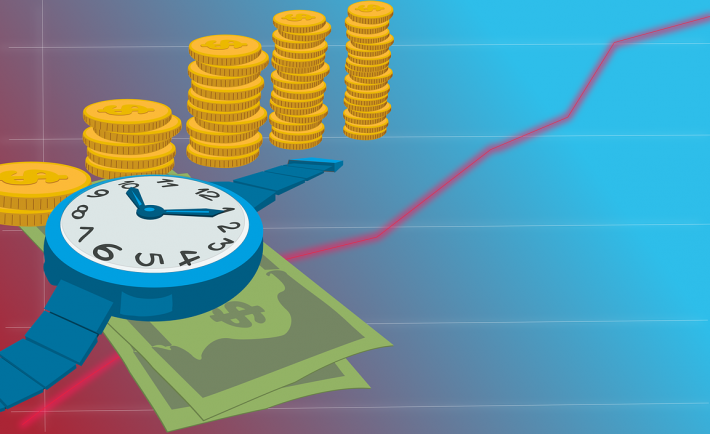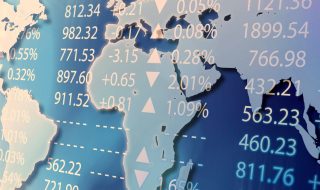
If you lived in Singapore long enough, you will realize that time is money! Not in the literal sense. In a fast-paced work driven environment, time is seen as a valuable and finite resource. Since time is irreplaceable, we must accomplish tasks as quickly as possible. You can always make money but you can never bring back time.
Time and money’s dynamic relationship is manifested in different daily scenarios such as these:
a. HAVING TOO MUCH TIME
Experts say that the unrealistic expectations people have with time outweigh their irrationality with money. It is because measuring our lifespan is a complex task. In a study, participants placed more bets when they gambled with their time than when they gambled with their money. Time is such an ambiguous currency that people cannot see its actual worth.
b. HANGING OUT WITH THE CROWD
Financial psychologist Brad Klontz said that: “It’s the herd instinct that influences each of us, particularly when it comes to our wallets.” Generally, we surround ourselves with people with the same monetary habits. If you frequently hang-out with a cautious buyer, you are more likely to learn a thing or two about the importance of budgeting. And that is not a bad thing!
c. POWER OF COMPOUND INTEREST
As an investor, the longer you keep your money on the account, the more you will make out of it. Elevation of your wealth each year is possible because of Compound Interest. This is why it is advantageous if you started young. And if your “younger years” passed, the next best thing is to start now.
d. BUYING A CAR
When purchasing a car, the present value of your money may not be enough. And you will have to make several financial strategies to increase your future value of money. Watch this short video to grasp its idea:
According to Investopedia, “Time Value of Money is the idea that money available at the present time is worth more in the future due to its potential earning capacity”. Provided that money can earn interest, any amount of money is worth more as time passes. Thus, it is important to calculate the Time Value of Money before you start investing.




